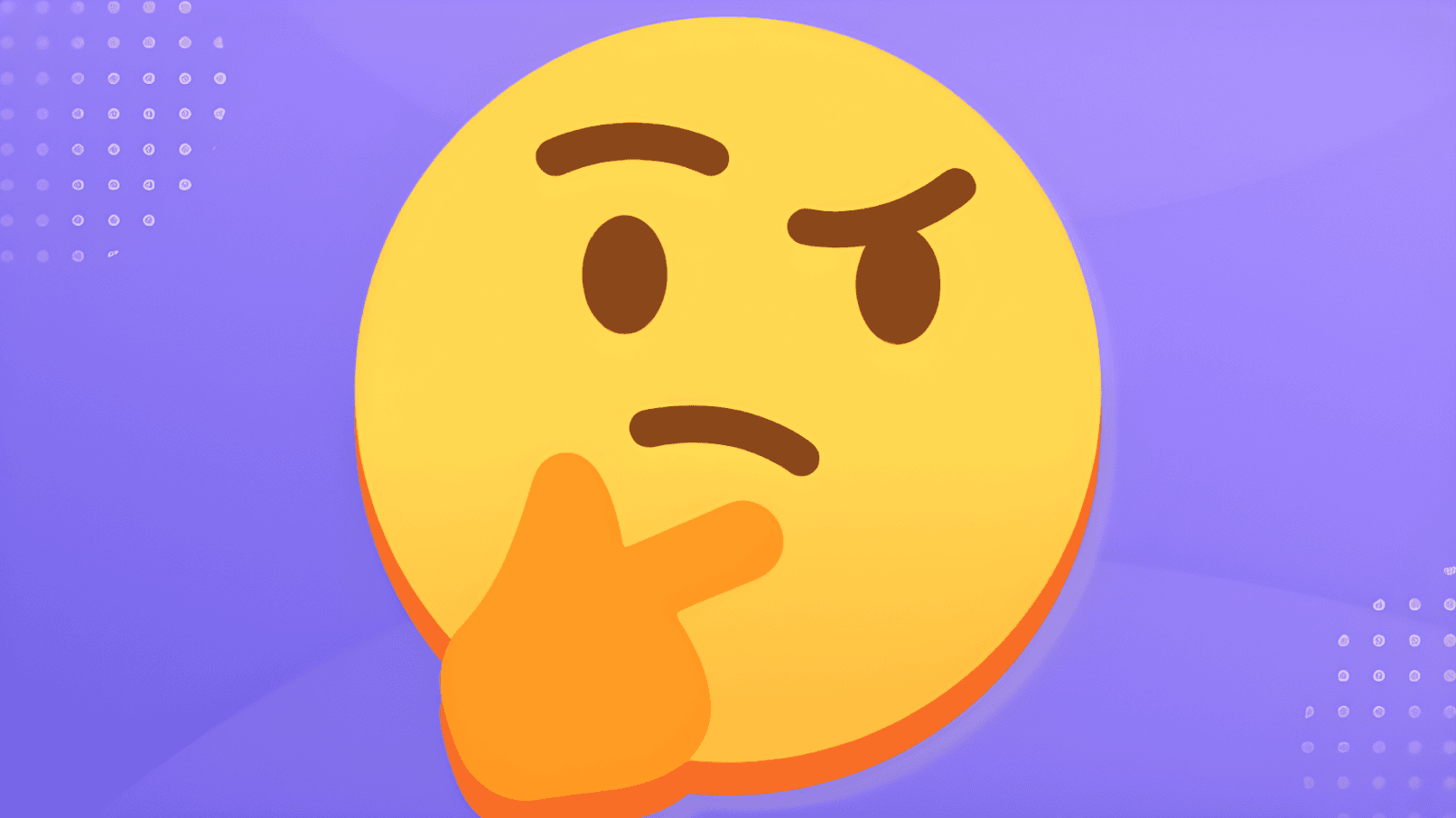





If you're a fan of Volley's Are You Smarter Than a 5th Grader and other trivia games, then you'll love our Alexa trivia Question of the Day! Every day your smart speakers, either Amazon Alexa, will test your knowledge from a range of categories. With topics like arts and entertainment, literature, science and more! With Question of the Day, Amazon version, you can play alongside friends and family, just like our Family Duel game! The and Alexa Question of the Day game lets you collect points and earn bonus questions, all while learning something new every single day. Once you download the skill to your Amazon device, just ask Alexa, what's the question of the day? And for huge fans of the game, join the Trivia Club to receive three daily bonus Challenge Questions, see how you stack up on the national rankings against those who have answered correctly and obtain unlimited multiplayer Game Packs. Download the Alexa Question of the Day game skill today!
its a great way to start the day in our house

my son plays it everynight before bed WE learn something new most days!!!

I do this every day after work. Helps me to unwind and nearly every day learn something interesting or unusual. Lovin' it!









QOTD is one of the world’s most popular trivia games, available on Amazon Alexa.
Question of the Day (QOTD) is a highly rated, popular voice trivia game on Amazon Alexa. Every day, fans test their knowledge from a variety of categories (e.g., arts & entertainment, history, geography, etc.), collect points, earn bonus questions, and learn how others around the world have answered.
Here’s a trivia fact for you: Question of the Day is regularly featured in "Top 10 Alexa Skills" lists, including on CNBC. There are millions of fans around the world who play in four different languages in dozens of countries.
Just say “Alexa, open Question of the Day,” “Alexa, play Question of the Day,” or “Alexa, ask Question of the Day” to your Alexa device!
Absolutely! Anyone can play the daily question, earn bonus questions, and collect points and streaks for free.
For a monthly fee, subscribers get three additional challenge questions, access to archived questions, and a ranking on local and national leaderboards, in addition to the free daily question.
Subscriptions are currently available on Amazon Alexa in the United States and United Kingdom for English, and the United States and Spain for Spanish in the United States. Learn more in our <link-s>Subscription FAQs<link-s>
You can start a FREE 7-day trial on Amazon Alexa by playing the Question of the Day, and then answering “yes” when Alexa prompts you to start your free trial.
Each question has a different point value based on the difficulty level. More challenging questions are worth more points. Answer questions correctly to earn the points associated with them. If you aren’t a subscriber, the overall points you earn are just for fun. If you are a subscriber, your points are used to rank you against other players, and your score is recorded on local and national leaderboards. Of course, you can always compare your points against others in your social circles in the spirit of friendly competition.
The point value is determined by the number of people who answer the question correctly. If 50% of fans answer a question correctly, then the question is worth 5 points. Or if 20% answer a question correctly, then the question is worth 8 points.
Point values are live statistics. Points for a question rarely change after the first hour the question has been made available. Although, occasionally a point will be added or subtracted throughout the day, depending on the success of fans who play later in the day.
Amazon is striving to improve how Alexa recognizes everyone, but sometimes Alexa doesn’t always hear what you say correctly. Sadly, we at Question of the Day have little control over Alexa’s recognition. But to help make our game as enjoyable as possible, we allow you to answer our trivia questions in a variety of ways. You can answer with the letters (A, B, C, D), with the word or phrase (“sunflowers”), or with both (“B, sunflowers”). Try answering a different way next time and see if that helps.
Just say, “Repeat” or “Repeat the question.”
You can play Question of the Day by using the Alexa app on your smart phone or tablet. Open the app, hit the blue Alexa icon, and say, “What’s the question of the day?”
If you don’t know the answer to the Question of the Day, it can’t hurt to take a guess! You have a 25% chance of getting it right, after all—and you may learn something new either way.
We're here to help! Send us an email at support@volleythat.com and include the email address that's on your smart speaker account.
While anyone can play Question of the Day, earn bonus questions, and collect points, Question of the Day Subscription is a fun way to test your knowledge and get one step closer to brainy bliss. Each day, subscribers receive the daily question, three challenge questions, placement on regional and national leaderboards, and exclusive access to our archived questions.
The subscription is available on Amazon Alexa devices.
Subscriptions on Amazon Alexa are available in the US for $2.95/month and in the UK for £1.95/month. A discount is automatically applied for Amazon Prime members. You can start a FREE 7-day trial on Amazon Alexa by playing the Question of the Day, and then answering “yes” when Alexa prompts you to start your free trial.
Absolutely! Anyone can still play Question of the Day (and receive a bonus question if the original question is answered correctly) at no cost.
Send us an email at support@volleythat.com. Be sure to include the email address that’s on your Alexa account.
Upon starting the subscription, members are placed on a regional leaderboard. Members regularly move up and down leaderboards, based on total points accumulated in the most recent 30-day period. Rankings can change on a daily basis.
Challenge questions are selected for each member on a random basis, pulled from a vast database of our custom questions. Point values may vary between Challenge Questions.
Alexa device owners can hear their rankings at the end of play everyday.
Yes! You can start a FREE 7-day trial on Amazon Alexa by playing the Question of the Day, and then answering “yes” when Alexa prompts you to start your free trial.
its a great way to start the day in our house

my son plays it everynight before bed WE learn something new most days!!!

I do this every day after work. Helps me to unwind and nearly every day learn something interesting or unusual. Lovin' it!
